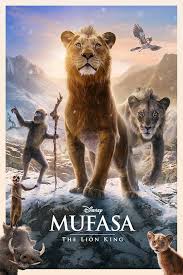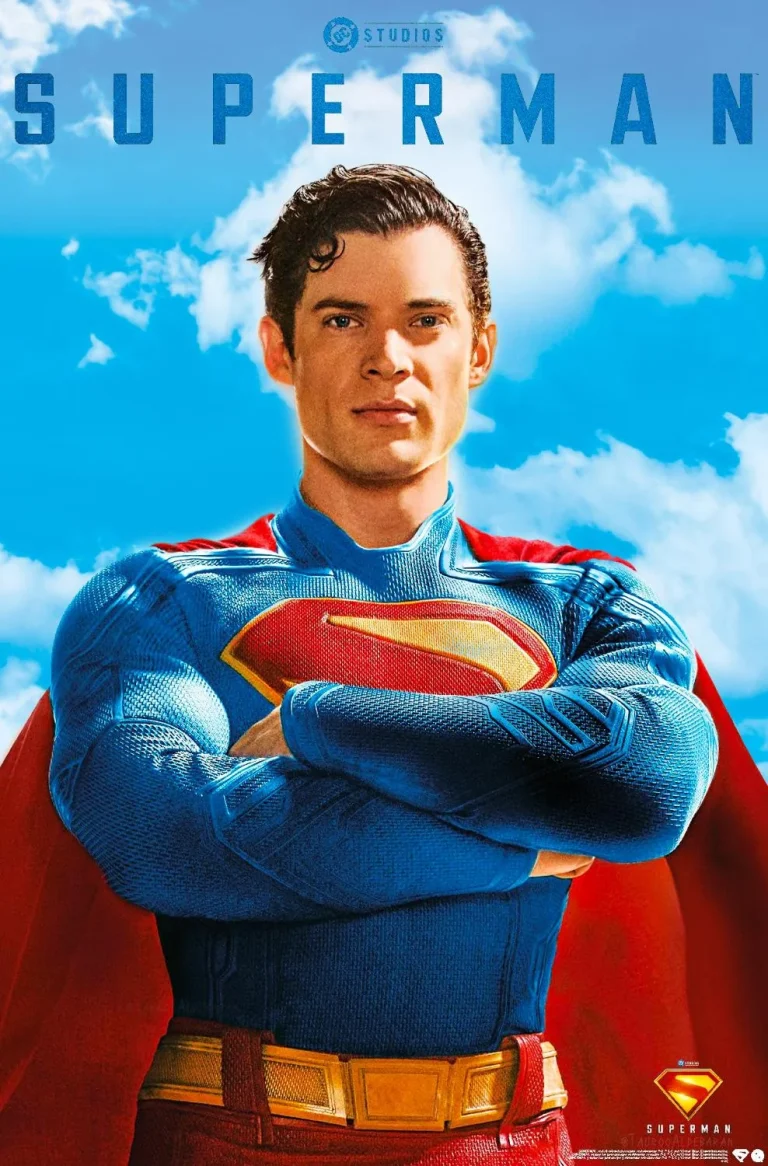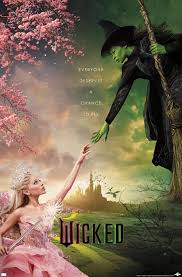“Mufasa: The Lion King” ventures into the untold origins of one of Disney’s most revered monarchs, aiming to enrich the legacy of the 1994 classic. Directed by Barry Jenkins, the film aspires to blend the grandeur of the original with a fresh narrative perspective.
Visually, the film is a testament to technological. The CGI landscapes are rendered with breathtaking realism, immersing the audience in the vibrant ecosystems of the Pride Lands. However, this commitment to photorealism occasionally hampers the emotionals you should be feeling of the animal characters, a critique reminiscent of the 2019 remake. While the animation is undeniably impressive, it sometimes struggles to convey the depth of emotion that traditional animation might more easily achieve. We have to wonder why dianey took the decision to shy away from the traditional and more loved animation and moved over to this more realistic and more computer generated method this time.
The narrative structure employs a story-within-a-story framework, with Rafiki recounting Mufasa’s early life to a young lioness, Kiara. This method, while intended to add layers to the storytelling, often disrupts the pacing and dilutes the central plot. The film’s attempt to intertwine Mufasa’s rise with Taka’s (later known as Scar) descent into villainy is ambitious but occasionally muddled, leaving some character motivations underexplored and making us want a more classic animation.
Musically, Lin-Manuel Miranda’s contributions are serviceable but lack the memorable impact of the original’s iconic soundtrack. The new compositions, though thematically appropriate, fail to deliver standout moments, leaving audiences yearning for the timeless melodies of Elton John and Tim Rice. This should have been a good movie but the score lacks anything to engage or make you want to sing along like the original did.
Voice performances are solid here, with John Kani’s portrayal of Rafiki standing out as particularly engaging. However, the film’s reliance on Timon and Pumbaa for comic relief feels forced, their meta-commentary detracting from the narrative’s emotionals they actually bring annoyance to the movie.
In essence, “Mufasa: The Lion King” is a visually stunning endeavor that falls short of recapturing the magic of its predecessor. While it offers a deeper dive into familiar lore, the film’s uneven pacing, less-than-memorable musical numbers, and occasional tonal inconsistencies prevent it from achieving the classic status of the original. It’s a noble effort that, despite its flaws, provides an engaging experience for both new audiences and long-time fans of the franchise.
Overall this is one you could give a miss to, it’s nothing special at all if your a fan of the original from 94 this is not that and will never be CGI just doesn’t stand up.











